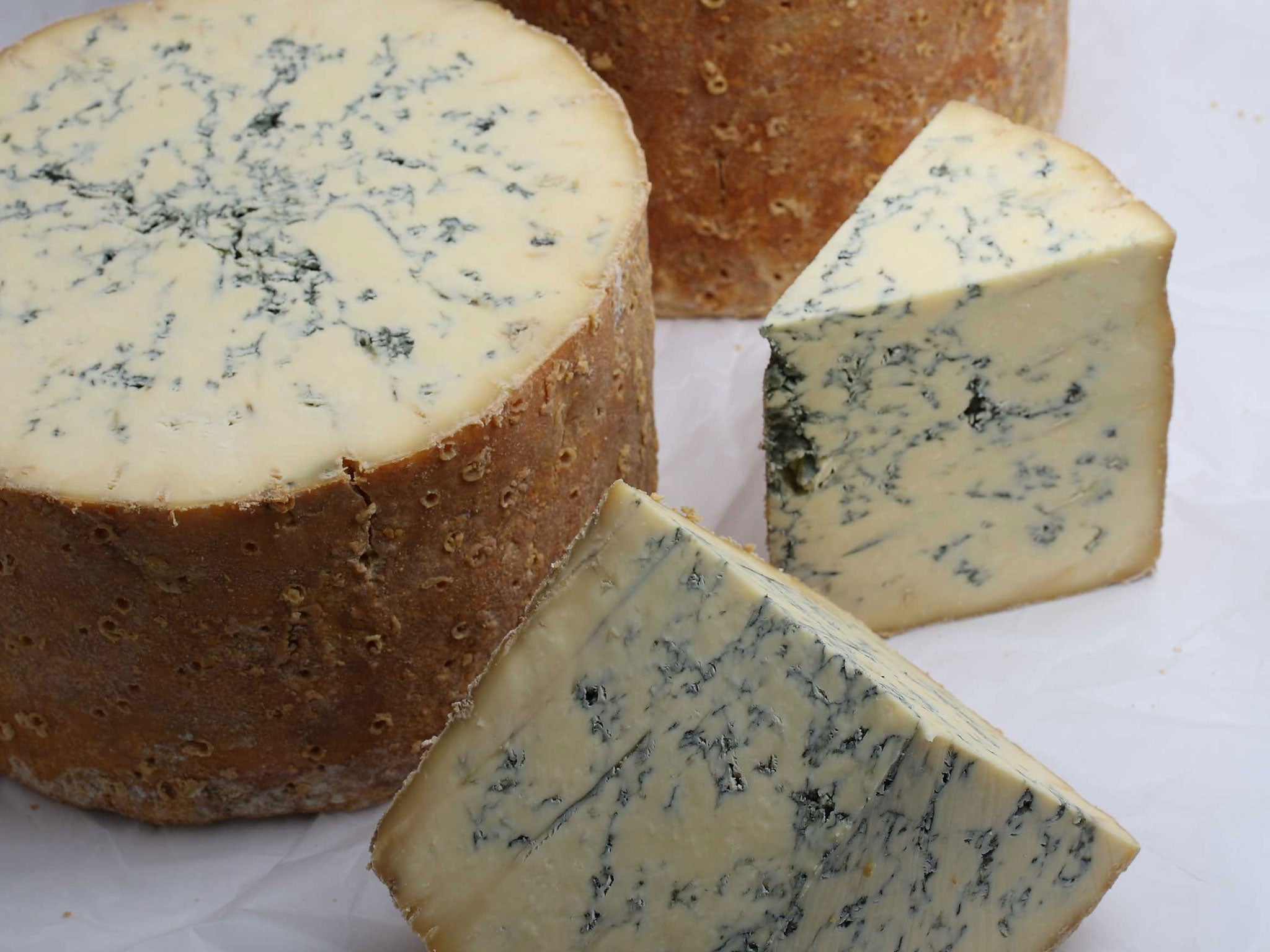Britain wants the EU to protect its products from imitation post-Brexit, but is reluctant to return the favour
UK wants to keep benefits of EU’s ‘geographical indications’ scheme but is reluctant to follow the other rules

Your support helps us to tell the story
From reproductive rights to climate change to Big Tech, The Independent is on the ground when the story is developing. Whether it's investigating the financials of Elon Musk's pro-Trump PAC or producing our latest documentary, 'The A Word', which shines a light on the American women fighting for reproductive rights, we know how important it is to parse out the facts from the messaging.
At such a critical moment in US history, we need reporters on the ground. Your donation allows us to keep sending journalists to speak to both sides of the story.
The Independent is trusted by Americans across the entire political spectrum. And unlike many other quality news outlets, we choose not to lock Americans out of our reporting and analysis with paywalls. We believe quality journalism should be available to everyone, paid for by those who can afford it.
Your support makes all the difference.The government wants the EU’s “geographical indications” system to keep protecting British foods such as Stilton and Cornish pasties from imitation after Brexit – but has been unable to secure an agreement with Brussels on the issue because it is not committing to protecting EU products in return.
A government spokesperson said the UK would like to have its existing products protected by the “EU GI schemes after we leave” – but officials say whether Britain would protect EU products in Britain in return is still “subject to negotiation”.
About 1,400 foods, wines, and spirits are protected by three related EU schemes that legally reserve the names of certain regional specialities. The system means that products like Champagne can only be produced in the eponymous French region, or Feta cheese only made in particular areas of Greece. Some 65 British products, including traditional Cumberland sausages, Jersey royal potatoes and Plymouth gin, benefit from the protected EU status.
The European Commission has previously said the UK should stay in the system in its entirety by introducing domestic laws “comparable to that provided by Union law” – that would protect EU products and also see British products protected.
But the UK has been reluctant to commit to enforcing the full scheme – possibly because staying in it in full would anger the United States, which considers the rules a form of protectionism by Europe. Britain is desperate for a free trade agreement with the US after Brexit, and a dossier of objections to EU trade policies released this year by the US Trade Department says that “the United States remains troubled with the EU system that provides overbroad protection of Geographical Indications”.
European Commission sources pointed out that the UK and EU were yet to agree on how geographical protections would work in the transition period, never mind whether they would be included in a future trade deal. The relevant section in the draft withdrawal agreement is marked in white as “not agreed”.
We expect that all current UK geographical indications will continue to be protected by the EU’s GI schemes after we leave
Geographical indicators have long been a sticking point in trade talks between Europe and countries such as the US and Canada, with member states insisting that their farmers should not be undercut by competition from imitation products.
A UK government spokesperson told The Independent: “As we leave the EU we will forge new and ambitious trade links around the world, reaching new customers for UK farmers and food and drink producers, while also maintaining our high standards on animal welfare and food safety.
“We are very clear that the UK will continue to protect UK geographical indications, and we expect that all current UK GIs will continue to be protected by the EU’s GI schemes after we leave. We are discussing this with the EU and are also agreeing an implementation period which provides continuity of our current trade terms.
“Ministers and officials meet regularly with farming groups and food and drink producers from across the UK to address their concerns and discuss how a future independent UK trade policy can support them to grow.”

Officials at the Department for Environment, Food and Rural Affairs said the UK wanted currently protected British products to stay part of the EU’s geographical indications system, but that the UK was not seeking to stay in the scheme entirely. Protection for EU products within Britain is understood to be subject to ongoing negotiations.
The statement from the government on the policy came in response to a letter from a cross-party group of MEPs who asked for an update on the progress made on providing certainty for farmers after Brexit.
Molly Scott Cato, a Green MEP who represents the south west of England, told The Independent that the EU was unlikely to agree to “special protections” for British farmers.
“When Boris Johnson arrived in Cornwall brandishing a pasty he did not warn local producers that their livelihoods might be at stake,” she said. “He failed to mention there is no system for protecting the special status of Cornish pasties actually produced in Cornwall after Brexit.
“US pasty producers along with Canadian producers of ‘cheddar’ cheese, Argentinian beef producers and many others will be licking their lips at the thought of gobbling up a greater market share as protections based on geographical designations evaporate after Brexit.
“In spite of the optimism of [Liam] Fox’s trade department, UK negotiators are in a much weaker position than those representing the 500 million-strong EU market. The UK is unlikely to find competitors willing to swallow the idea of special protections for our farmers and food producers.”
Join our commenting forum
Join thought-provoking conversations, follow other Independent readers and see their replies
Comments